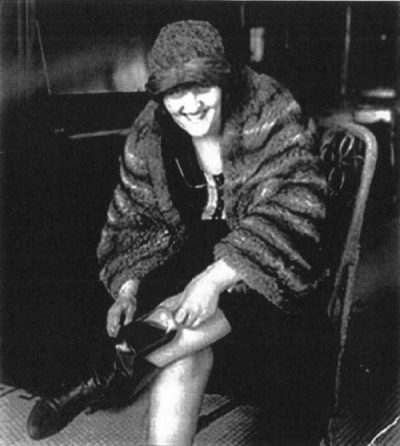Simon Browne
Simon Browne is studying. Continuously becoming what he calls a contingent librarian. But what exactly is he preparing for? Perhaps it has something to do with the how – the distinct manner in which he cares for books; the way he takes the practice of reading and collecting further. Perhaps his life’s work is an affirmation of contingency - how circumstances are always subject to change.
In one of the Experimental Publishing studios in Rotterdam, he, with his unassuming coat and quiet demeanor, takes a wooden wine box out of his bookshelf. This crate holds a mound of books, including some that have been faithfully Xeroxed. Beaming with pride, he points out how he has successfully mimicked the size of a source publication, the format and color of the cover, and the fonts, margins and spacings of the text. Other books differ wildly from the source publication with some being first-time prints of digital publications. On one side of the room is a table with an archivist’s DIY book scanner, which he excitedly demonstrates down to its minute technicalities. “The numbers in this book came out as missing characters in the PDF, and the book scanner was constantly crashing” he said,”so I retyped them all by hand.”
Simon Browne gives more importance to the social aspect of collecting than the usual primacy afforded to objects in a collection. Power flows to the reader. During the 4-hour sessions that activate the Bootleg Library, readers discuss how digital and printed libraries are shared, how one reads and organizes them, and how they can be collaboratively developed. Cups of tea and coffee outnumber the people. Tools in scanning, watermarking, printing and distributing, the transition from digital to physical versions and vice versa are all subject to the exchange. They foster models of free access and render thought plural.
It is primary for him that this initiative is kept small, personalized, collective and local.
From the books: SLV RBRR 000-099, a 2016 publication made with fellow graphic designer Masaki Miwa, is a catalogue of reader’s traces in over 300 books in a section of the State Library of Victoria's Redmond Barry Reading Room. Underlines, dog-ears, stains, inserts, and notes from anonymous visitors through the years are gathered as testaments to what printed matter is and was: an interactive social space. Similarly, the 2019 publication The Library Is Open, a manual for discussion produced by Experimental Publishing at Piet Zwart Institute, questions the selection and inclusion of books into public library collections. How can these texts be understood alongside pirate practices?
Simon Browne was an English teacher in Australia and a graphic designer by trade. He started the Bootleg Library — a shadow library that digitally runs on open-source software and physically exists as a nomadic minibieb[1] — as a tool to promote alternatives to the traditional and hierarchical understanding of knowledge. Unlike the conventional perception of the librarian as a gatekeeper of knowledge, he aims to level the reader with the text and its authors. The receiver transforms into an active producer.
[1] A type of small publicly accessible library installed in different neighborhood communities in the Netherlands (https://minibieb.nl/)
return to This may or may not be a true story or a lesson in resistance
